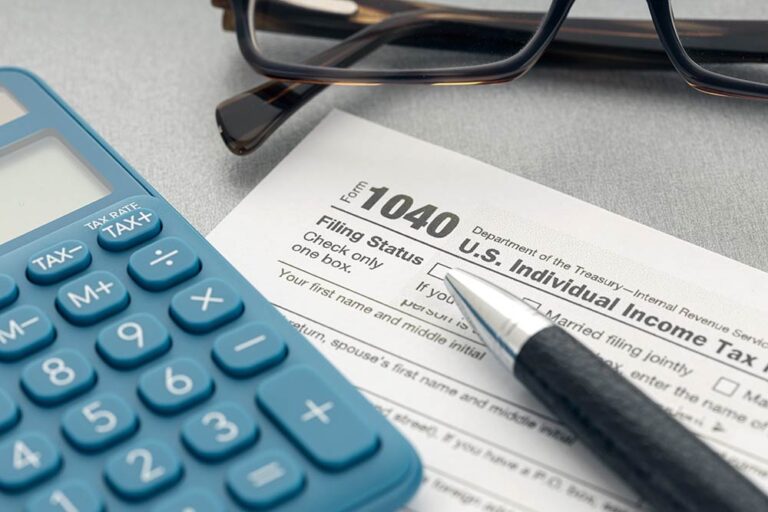Proration of Rents in Escrow
You may be wondering what happens with the rental income and security deposits on a rental property that you will be buying. How do you get credit for these income items and how are they handled in the final escrow and closing? The appropriate credit and debit to Buyer and Seller are handled by prorations, or dividing up the income or expense items according to a specified date, usually the closing date.
Prorations can have a significant effect on the amount of cash a buyer needs to come up with in order to close escrow. The date and allocation of the prorations should be calculated carefully. Rental income and security deposits are normally prorated as of the date of the close of escrow. This means that the seller makes all payments due on the property and collects rents until the actual transfer of title takes place. After the close of escrow, the payment obligations and income revenue become the obligation and income of the buyer.
If rents are all due on August 1st, the seller must credit the buyer, whether he has collected those rents or not by the time escrow closes, for the rents covering the period, August 10th through August 30th, assuming that escrow is closing on August 10th. In addition, all the advance rent and security/cleaning deposits the seller has collected from his tenants will be a credit to the buyer. To be certain that you are credited for all the income due to you, be sure that there is a “rent and deposit schedule” attached to your escrow instructions which shows the unit number, amount of rent when last paid, rental due date, and deposits paid.
The seller of an income property should provide the buyer with all the leases and rental agreements currently in force along with a written assignment assigning the rents to the buyer. You typically get these papers through your escrow officer, or directly from the seller.
Copyright © 2000 Sandy Gadow. This column may not be resold, reprinted, resyndicated or redistributed without the written permission from Escrow Publishing Company.


